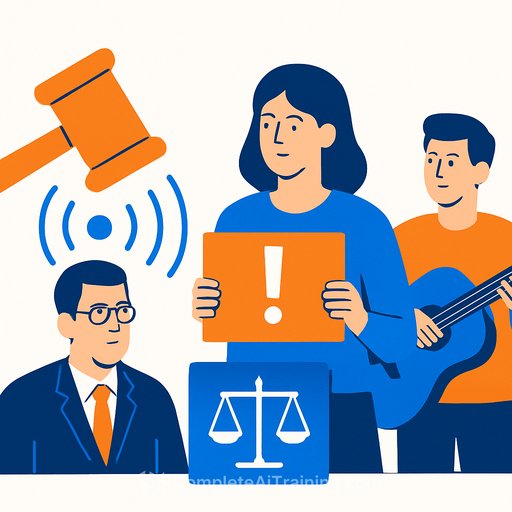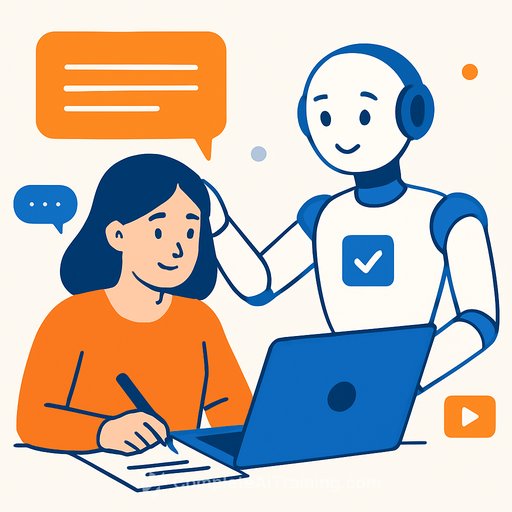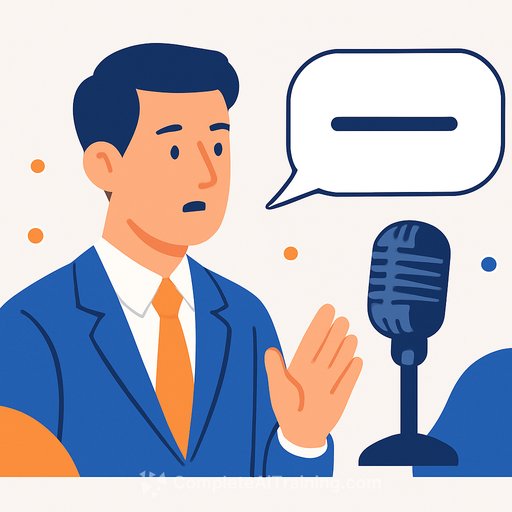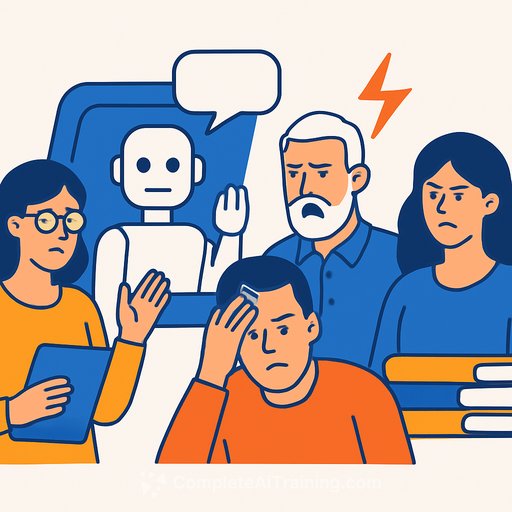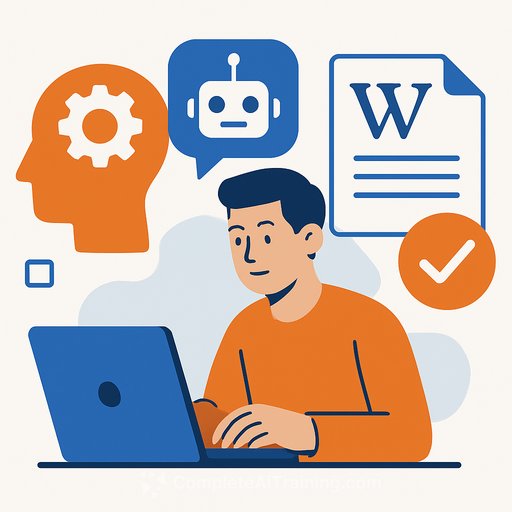Songwriters take AI music generator Udio to court over alleged mass copying
On October 15, 2025, a proposed class led by indie songwriters and musicians - including Chicago-based R&B band Attack the Sound - filed suit in Illinois federal court against AI music generator Udio. The filing alleges violations of the US Copyright Act and the Digital Millennium Copyright Act (DMCA).
The complaint claims Udio copied and maintains a centralized library of a vast number of music files and text descriptions taken from online sources without permission, using them to train and run models that generate outputs which could replace licensed music at scale. These are allegations and will be tested in court.
Why this matters for writers
This case goes to the core question many writers have about AI: can a company copy protected works to train a system that then competes with the original creators? The outcome could influence how datasets are sourced, how credit and payment are handled, and what recourse creators have when their work is scraped or imitated.
Key issues the court may weigh
- Are training copies of protected works an infringement, or can they be defended under fair use?
- DMCA questions, such as removal or alteration of copyright management information and potential circumvention claims.
- Market harm: do AI-generated tracks function as substitutes for licensed music at scale?
- Dataset provenance and transparency: what was used, how it was obtained, and whether permission was needed.
Protect your catalog now
- Register your works with the U.S. Copyright Office. It strengthens your position in disputes and damages claims. Learn more about Title 17.
- Keep copyright management information (name, year, contact, identifiers) embedded in your files and documentation.
- Track unauthorized uses with audio fingerprinting, content ID tools, and search alerts. Save evidence with timestamps.
- Use clear licenses. If you license your work, state whether AI training is permitted, and under what terms.
- Send takedown notices where appropriate and keep records of responses. See the Copyright Office's overview of Section 512 (notice-and-takedown). DMCA 512 overview.
- Audit your own AI use. Document sources, keep prompts/outputs, and avoid pasting unpublished or confidential works into tools with unclear terms.
What to watch next
- Any early court rulings on whether copying for training can be dismissed under fair use at the pleading stage.
- Discovery into datasets and data acquisition methods.
- Class certification and the scope of affected creators.
- Potential settlements or guidelines that influence how music and text datasets are handled across the industry.
If you're integrating AI into your writing practice and want structured, practical training, see curated options by role at Complete AI Training.
This article is for general information and is not legal advice.
Your membership also unlocks:

